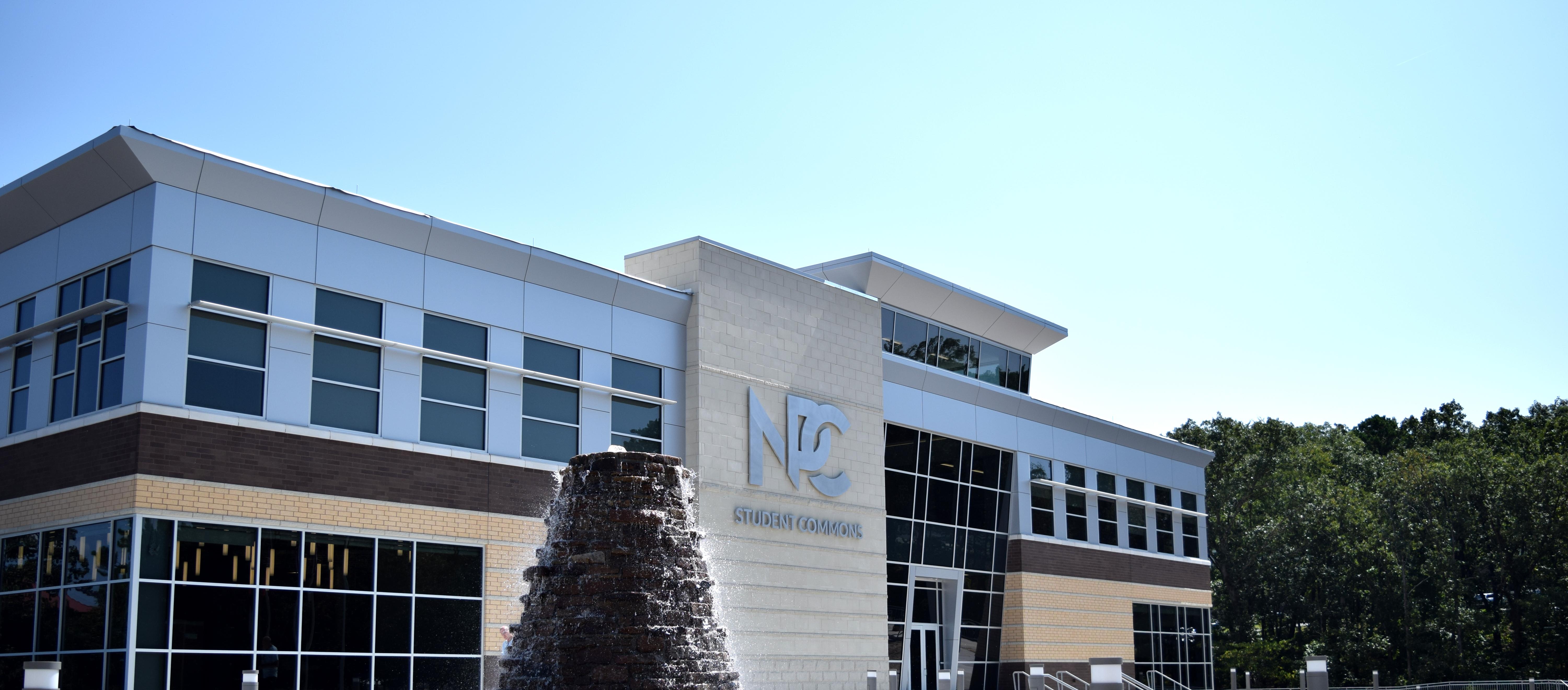About This Degree
Program Description:
Respiratory Therapists (RT’s)*, also known as Respiratory Care Practitioners (RCP’s), evaluate, treat and care for patients with breathing problems (asthma, emphysema, etc.) or other cardiopulmonary disorders (cardiac or respiratory arrest, trauma from an accident, stroke, or heart attack). Successful completion of this program will enable graduates to take a series of national board exams to become a Registered Respiratory Therapist (RRT).
Students who plan to transfer to a four-year college or university should see an NPC counselor as well as refer to the Course Transfer section of the Arkansas Department of Higher Education website (http://adhe.edu) to be sure that the courses will apply to the specific degree the student is seeking at the transfer institution.
Program Level Objectives (PLO):
The curriculum for the Respiratory Therapist Program is designed to assist students in accomplishing the following objectives:
- Analyze and evaluate clinical data concerning the cardiopulmonary status of patients. (GEO 2)
- Utilize respiratory therapy equipment safely and effectively according to Evidence-Based Practice Standards in all patient situations. (GEO 3)
- Utilize critical thinking skills by demonstrating appropriate clinical judgment and decision-making skills for an entry-level respiratory therapist (GEO 2, 3)
- Facilitate interaction among and between the allied health professions including nursing, the medical specialties, hospitals and clinics, service companies and industry to provide care to patients with cardiopulmonary disease. (GEO 1, 4)
- Encourage and promote professional excellence, advance the science and practice of respiratory care, and serve as an advocate for patients, their families, the public, the profession and the respiratory therapist. (GEO 1, 4)
- Provide educational resources for patients, caregivers and the general public in respiratory health promotion, disease prevention, and rehabilitation. (GEO 1, 4)
General Education Goals and Objectives
National Park College (NPC) is committed to its mission statement, “Learning is our focus; student success is our goal.” NPC is dedicated to helping all students develop as communicators, critical thinkers, and professionals who behave ethically and recognize the diversity of the world around them. The General Education Objectives are designed to be an integral component of all courses at NPC.
General Education Objectives (GEO):
It is the expectation that upon successful completion of a certificate or degree program at National Park College, the student will be able to:
- Communicate effectively using oral, written, and electronic methods.
- Use critical and analytical thinking skills.
- Demonstrate discipline-specific knowledge, skills, and competencies.
- Exemplify professional demeanor, ethical behavior, and respect for diversity.
NOTE: Numbers in parenthesis beside each objective indicate the higher-level objectives, each course objective is designed to help the student achieve.
NPC Honors Program: The NPC Honors Program is accepting applications. Learn more about the NPC Honors Program.
*The curriculum prepares you for licensure/certification in Arkansas.
77 Credit Hours Total
See your NPC advisor for program and graduation information.
A minimum grade of “C” is required in all prerequisite courses and in the program specific courses. Students who plan to transfer to a four-year college or university should see their Academic Advisor or Faculty Mentor for more information.
Transfer option:
- Respiratory Care, AAS for Transfer to UAMS BS in Cardio-Respiratory Care
Purpose of AAS Degree
The Associate of Applied Science Degree is designed for employment purposes, and it should not be assumed that the degree or the courses in the degree can be transferred to another institution. While some institutions do accept some courses in AAS Programs, the general rule is that courses in AAS degrees are not accepted in transfer toward bachelor’s degrees. Students to whom transfer is important should get assurances in writing in advance from the institution to which they wish to transfer.

